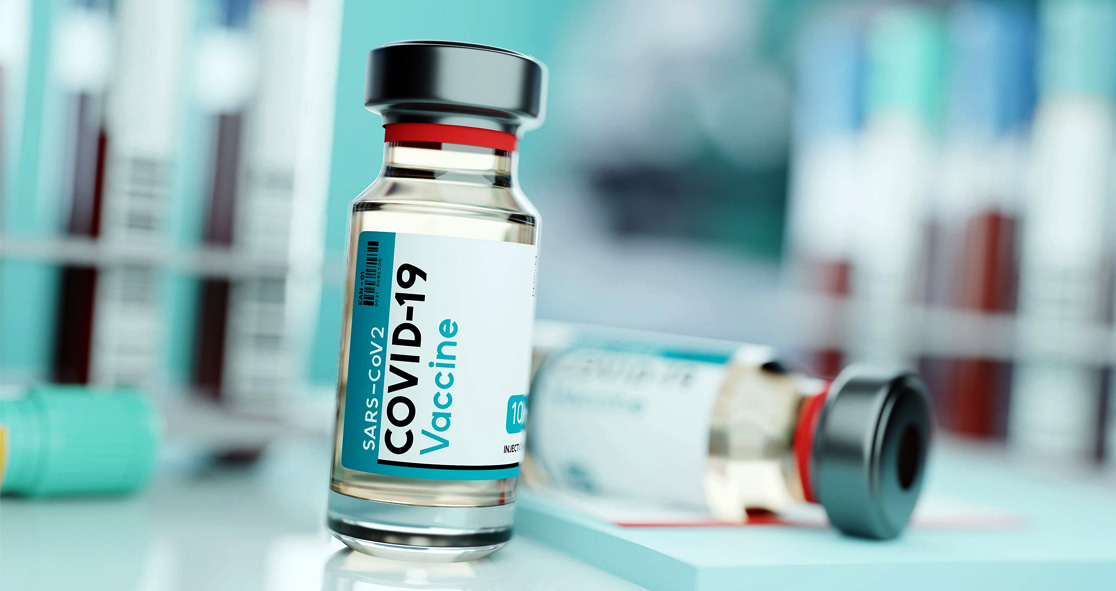The U.S. Centers for Disease Control and Prevention (CDC) has quietly updated its COVID vaccine guidance Monday for immunocompromised people.
The agency says that some immunocompromised individuals can receive a booster dose of a COVID vaccine at least six months after completing their primary vaccination series, according to NBC News.
However, unlike booster (thirds) doses for the vast majority of Americans, a booster shot for some immunocompromised people maybe their fourth COVID shot.
In August, the CDC recommended immunocompromised people to receive either the Pfizer-BioNTech or the Moderna mRNA vaccine, but not Johnson and Johnson’s vaccine. And that extra (third) dose was not considered a booster, rather a part of their primary vaccination series.
The CDC says the new booster dose can be any of the available vaccines, including the J&J vaccine.
Studies have shown that immunocompromised people do not achieve an adequate immune response after vaccination so experts recommended a booster dose to raise their immunity levels.
However, the goal of the fourth dose is different – to combat waning immunity.
The agency says around 2.7% of American adults are immunocompromised, including those who are organ transplant recipients and those who have cancer and HIV.
Dr. Dorry Segev of Johns Hopkins University said, “We know that six months after you reached a good level of protection, your protection has waned … and we need to boost that. That’s for people with normal immune systems and people who are immunocompromised.”
However, it is important to note that not every immunocompromised American will need a fourth shot.
“Out of the 11 million immunocompromised people in this country, some of them were fine with two doses. Some of them were not fine with three doses. Some of them do need a fourth dose,” explained Dr. Segev, who is studying COVID vaccine responses in immunocompromised people.
Dr. Doran Fink of the Food and Drug Administration (FDA) said, “Someone who is immunocompromised and receives a third primary series dose would six months later be eligible for a booster dose.”
CDC spokesperson Kristen Nordlund told NBC News, “The Clinical Considerations was updated as a result of that discussion.”
Dr. Matt Kalaycio of Cleveland Clinic said, “I am unaware of data supporting a fourth dose in immunocompromised patients. It is unclear to me on which data the CDC is leaning to reach their conclusion.”























